The Science Behind BPC-157: Research and Evidence for UK Readers
The Science Behind BPC-157: Research and Evidence for UK Readers
In recent years, BPC-157 has garnered considerable attention in the realm of peptide therapy. Known as Body Protection Compound-157, this peptide is believed to have remarkable regenerative properties. For UK readers keen on understanding the science behind BPC-157, this article delves into the research and evidence supporting its use, exploring its potential benefits, mechanisms, and the current state of scientific understanding. For those interested in obtaining BPC-157, you can find more information at https://leolab.uk/peptides/bpc-157-5mg/.
What is BPC-157?
BPC-157 is a synthetic peptide composed of 15 amino acids. It was originally derived from a protective protein found in human gastric juice, which is known for its role in gastrointestinal healing. The peptide has since been studied for its broader regenerative capabilities, including tissue repair, anti-inflammatory effects, and enhanced healing processes.
Mechanisms of Action
BPC-157’s purported mechanisms of action are multifaceted:
-
Angiogenesis: One of the key functions of BPC-157 is promoting angiogenesis, the formation of new blood vessels. This process is crucial for tissue repair and regeneration. Studies have shown that BPC-157 can enhance angiogenesis, which may aid in the healing of injuries and wounds.
-
Collagen Synthesis: Collagen is a vital protein in the body that provides structural support to tissues. BPC-157 has been observed to stimulate collagen production, which contributes to faster and more effective healing of tissues.
-
Anti-inflammatory Effects: Chronic inflammation is a common issue in various health conditions. BPC-157 has demonstrated anti-inflammatory properties, which can help reduce swelling and pain, particularly in musculoskeletal injuries.
-
Neuroprotection: Research suggests that BPC-157 may have neuroprotective effects, potentially aiding in the recovery of nerve injuries and improving overall neurological function.
Research and Evidence
The scientific community has conducted a range of studies to evaluate the efficacy and safety of BPC-157. Here are some notable findings:
-
Animal Studies: Much of the research on BPC-157 has been conducted in animal models. For instance, studies have shown that BPC-157 can accelerate the healing of tendon injuries, reduce the size of ulcers, and improve the recovery of bone fractures in rodents. While these results are promising, further research in humans is necessary to confirm these effects.
-
Human Studies: Clinical research involving human subjects is limited but growing. Preliminary studies suggest that BPC-157 may have therapeutic potential for conditions such as inflammatory bowel disease (IBD), chronic pain, and muscle injuries. However, more robust clinical trials are required to establish definitive evidence.
-
Safety and Side Effects: BPC-157 appears to have a favorable safety profile based on current research. No severe side effects have been reported in studies to date, but as with any therapeutic agent, further investigation into long-term effects and safety is essential.
Regulation and Availability in the UK
In the UK, BPC-157 is not currently licensed as a pharmaceutical drug and is classified as a research chemical. This means it is not approved for clinical use by the National Health Service (NHS) or other regulatory bodies. Consequently, individuals seeking BPC-157 for personal use should exercise caution and consult healthcare professionals. The peptide is often available through online suppliers, but the quality and purity of these products can vary significantly.
Conclusion
BPC-157 holds promise as a regenerative peptide with potential benefits in tissue repair, inflammation reduction, and neuroprotection. While animal studies provide a foundation for its therapeutic potential, further research involving human clinical trials is crucial to confirm its efficacy and safety. For UK readers interested in BPC-157, staying informed about the latest research and consulting healthcare professionals before use is advisable.

Depuis 1993, TIC Group est le leader dans le domaine du contrôle et de l’inspection technique. Avec plus de 500 spécialistes, dont des ingénieurs et des techniciens.
Newsletter
- Plinko Game 1Win – A Fun and Exciting Way to Win
- Banger Casino - Top Performing Online Casino for 2024 | Signup Now & Get a Bonus Up To 125% + 250 Fr
- Explore Elon Bet Online Casino: Savor the Excitement of Online Casino Gaming
- Een overzicht van de Znaki webpagina voor bezoekers die wonen in Nederland
- The Home of the Jackpot Fun: Xxx Bet Casino
